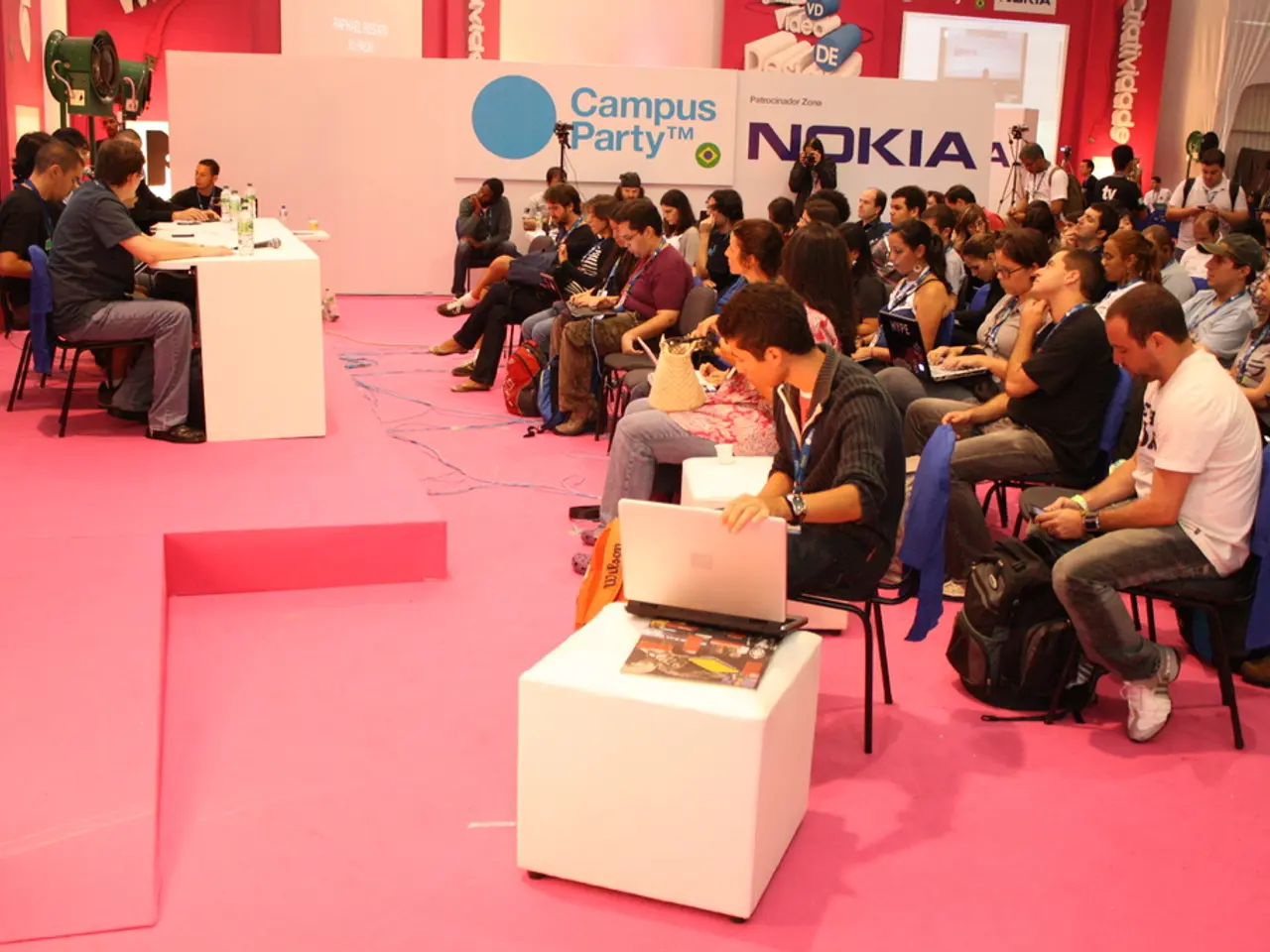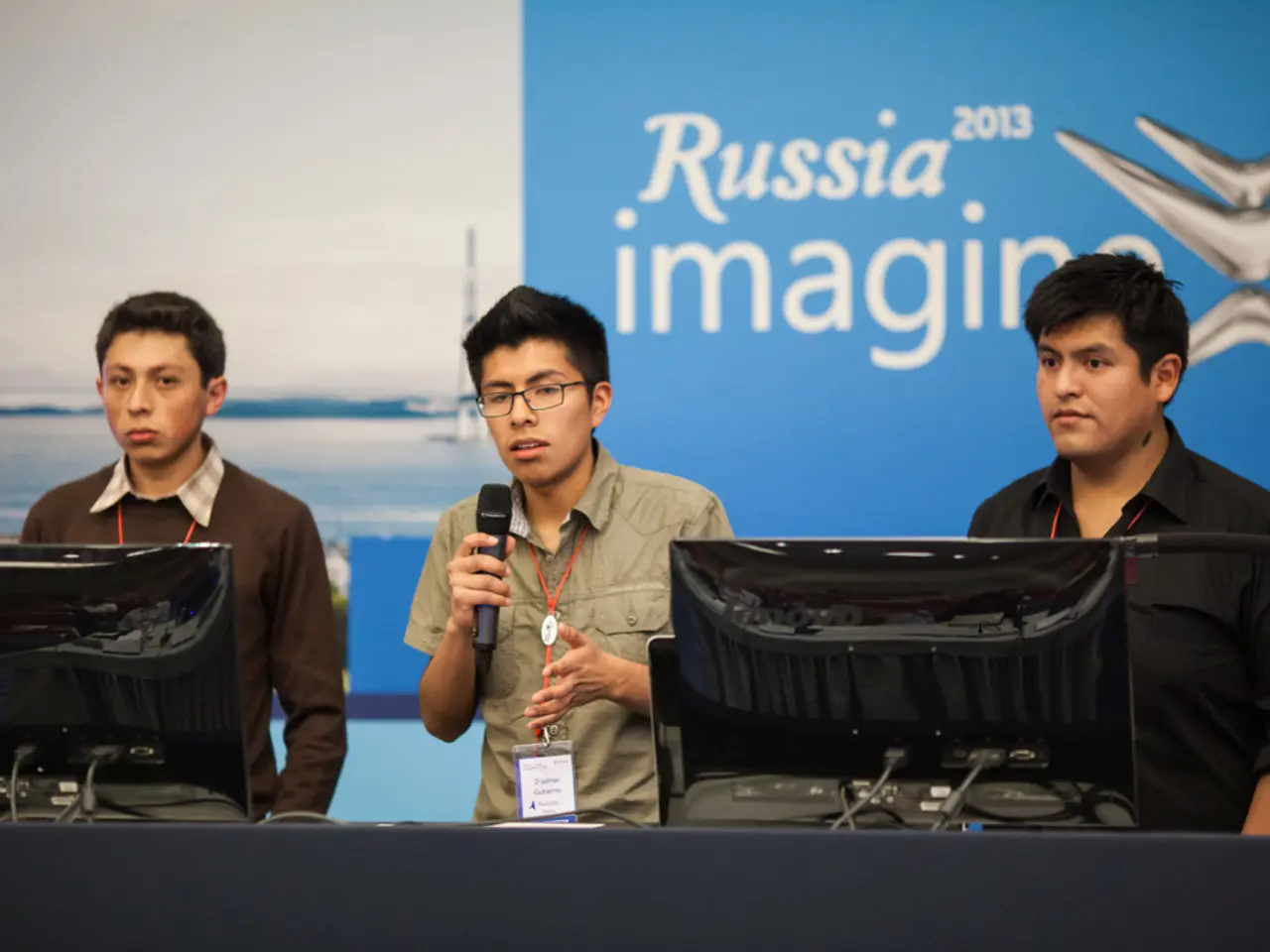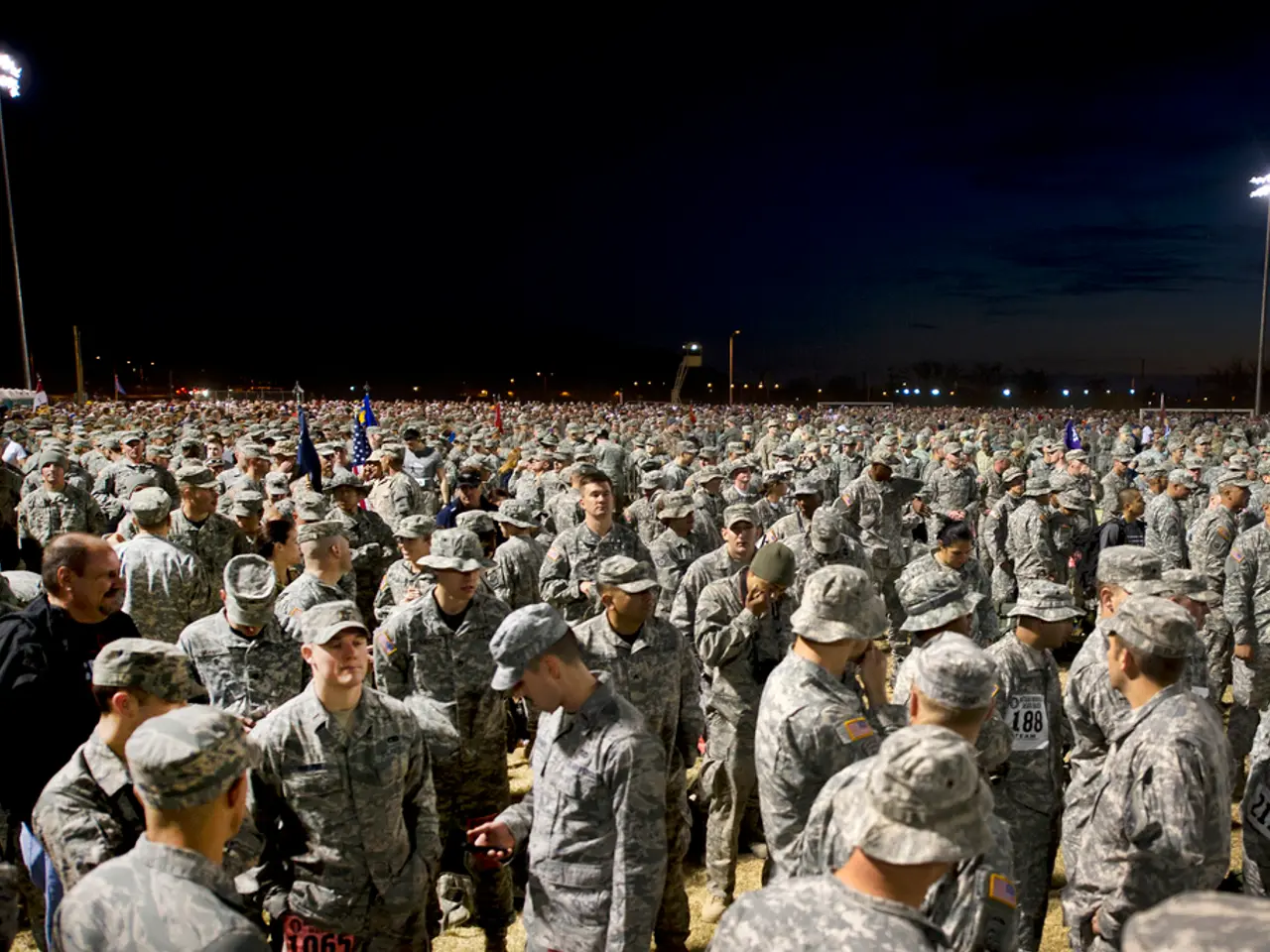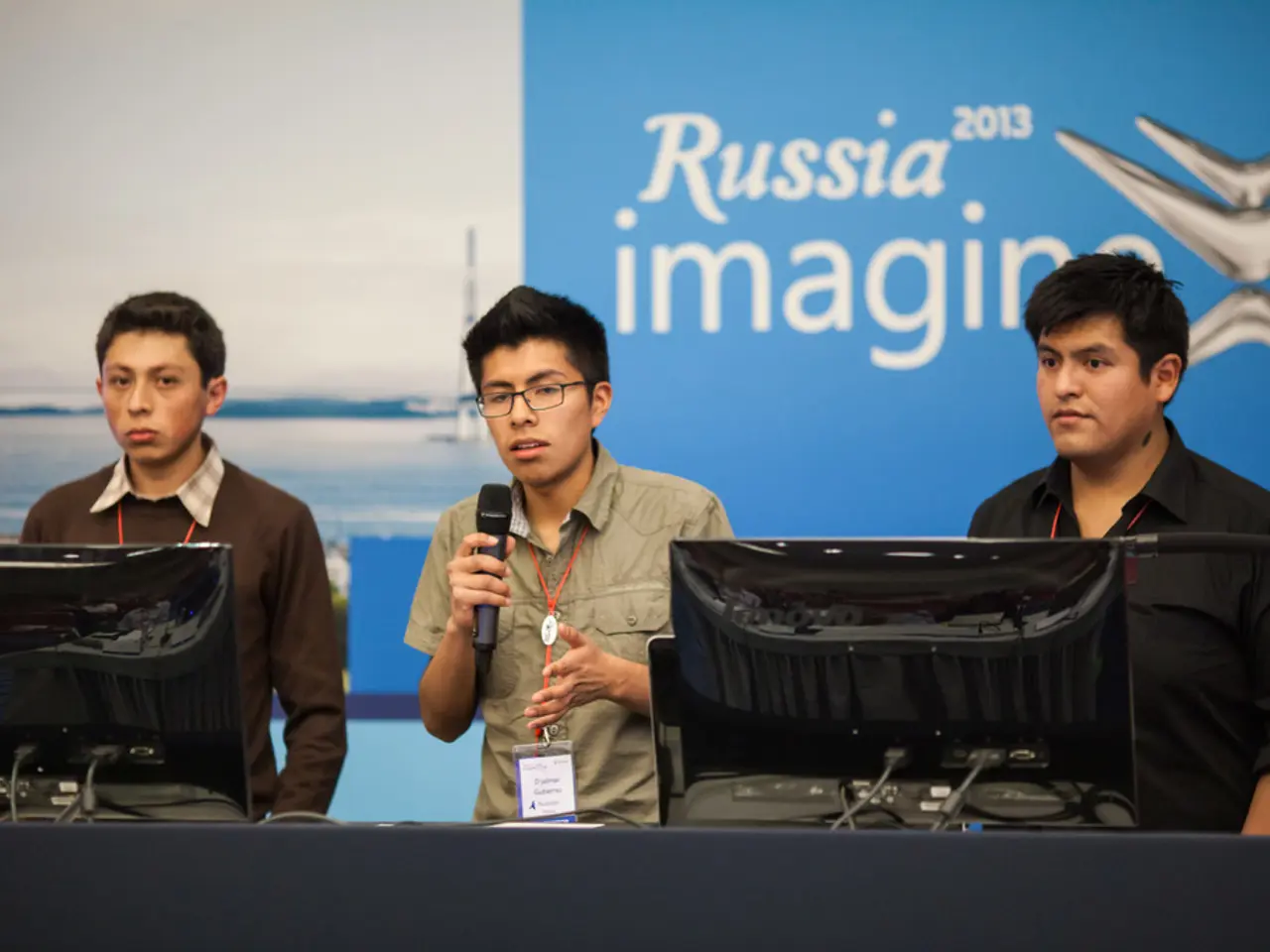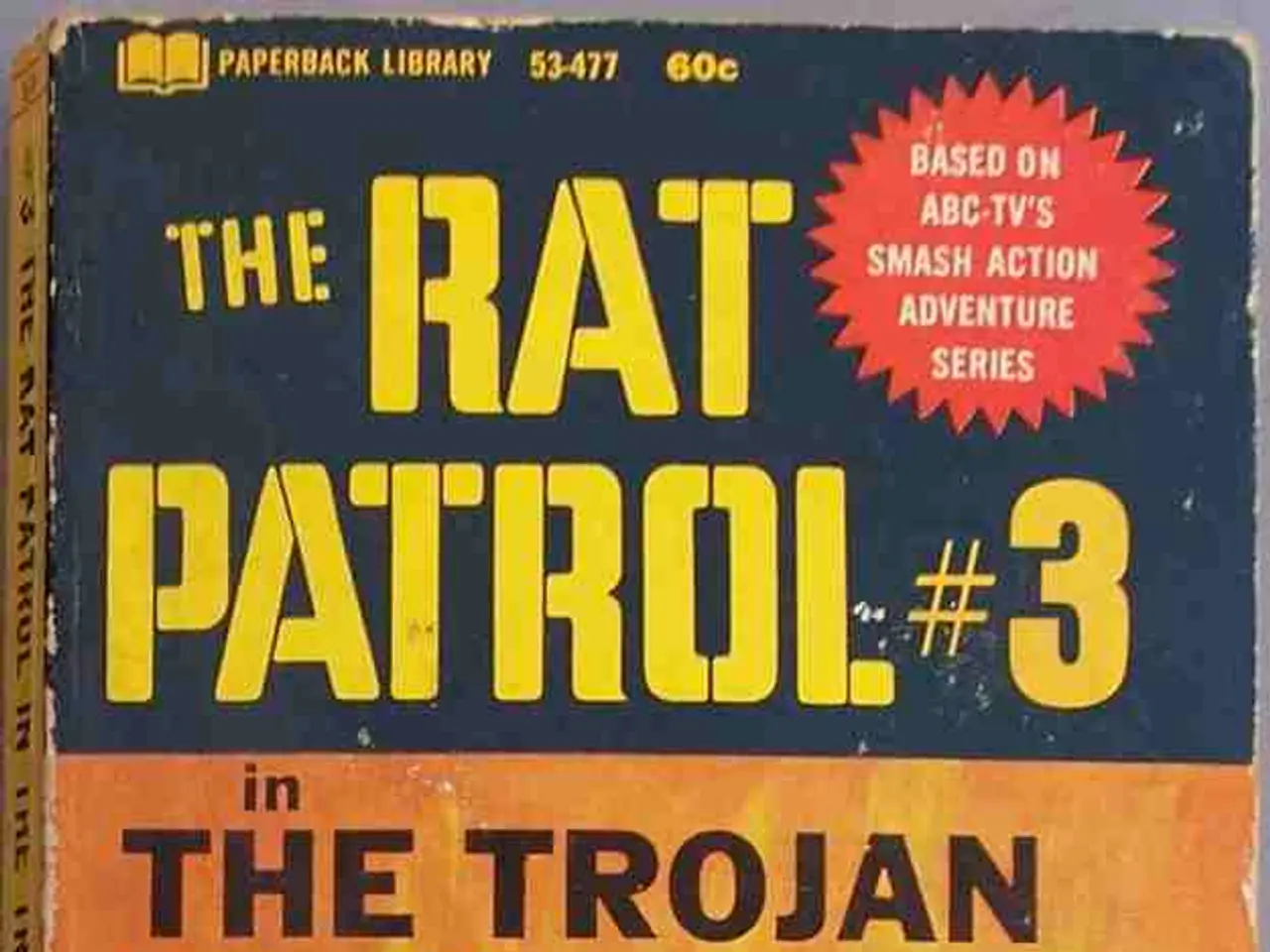Chatting with the Diplomats: A Hopeful Stalemate on the Iran Nuclear Issue
Iran to Persist in Dialogue with EU Diplomats
In a six-hour negotiation marathon between Iranian Foreign Minister Abbas Araghtschi and EU diplomats, including Germany, France, and the UK's foreign ministers, as well as the EU's foreign policy chief, the discussions in Geneva didn't quite result in a breakthrough, but sparked renewed optimism. According to German Foreign Minister Johann Wadephul, the crucial finding was that the Iranian side appears to be committed to continued dialogue on the essential issues.
With a hint of relief in his tone, Wadephul expressed his view that the talks provided a positive indication of Iran's readiness to engage in constructive discussions. "We've left this meeting with the impression that the Iranians are prepared to keep talking about the heart of the matter," the CDU politician shared post-discussion.
In the same spirit, Araghtschi confirmed Iran's desire to continue these talks with the European nations. However, he emphasized that they would not negotiate until Israel halts its attacks, a point he reinforced through the state news agency Irna.
The French foreign minister called for dialogue between Tehran and the US. He urged Iran to consider engaging with the US and not to await a halt in air raids, another demand he expressed. The chief British envoy, too, underscored the need for further discussions amongst the parties involved.
Wadephul acknowledged the gravity of the situation in the Middle East, with potential for escalation, and underscored the importance of avoiding further conflicts. He reiterated that Europe's priority is to ensure the U.S.'s participation in the negotiations and a durable settlement.
The precarious nature of Iran's nuclear program, a matter of significant concern for the Europeans, hinges on a diplomatic resolution, with Germany making national security guarantees to Israel a top priority. The negotiation focus concerned Iran's nuclear program, with Israel citing imminent nuclear capabilities on Iran's part, while the Iranian authorities deny the allegations.
Recent US airstrikes on key Iranian nuclear sites have escalated tensions, with Dorothy Shea, the acting US Ambassador, urging the Iranian government to dismantle its nuclear enrichment program and cease efforts to acquire nuclear weapons in a UN Security Council address. The future of diplomatic talks remains uncertain, with the Iranian negotiator Abbas Araghchi currently in talks with Russian President Vladimir Putin, a development that hasn't boded well with European leaders.
- Diplomacy
- Middle East politics
- Iranian nuclear program
- Johann Wadephul
Enrichment Insights:
As of late June 2025, the diplomatic talks between Iran and EU foreign ministers regarding Iran's nuclear program are at a delicate and unstable juncture. The EU has repeatedly emphasized the importance of diplomacy and negotiated resolutions, insisting that Iran must not be permitted to develop nuclear weapons, as they pose a significant threat to global security [2]. European leaders, such as EU foreign policy chief Kaja Kallas and European Commission President Ursula von der Leyen, have implored all parties to return to the bargaining table and forestall additional escalation [2].
However, recent US airstrikes on strategic Iranian nuclear targets have significantly complicated the situation, according to Iran, who believes the peace dialogue has effectively collapsed [2]. Regardless, EU foreign ministers will convene in Brussels to discuss the matter and advocate for diplomatic reconciliation [2].
Complicating matters further, Iran's lead negotiator, Abbas Araghchi, is presently in talks with Russian President Vladimir Putin. European leaders interpret this development as an unfavorable omen for success in a European-led diplomatic resolution [2].
In essence, while the EU is persisting in calling for renewed diplomatic negotiations and a diplomatic means of addressing concerns about Iran's nuclear ambitions, recent military actions and Iran's current stance have seriously complicated the situation, leaving the negotiations unsteady and uncertain. The EU diplomats continue their discussions with the hope of averting further unrest [1][2].
The community policy and cooperation policy among the EU diplomats, including Germany, France, and the UK, as well as the EU's foreign policy chief, remains crucial in the delicately balanced Iran nuclear talks. Politics in the Middle East, particularly the Iranian nuclear program, continue to be a matter of general-news interest as the negotiations progress.
With tensions escalated by recent US airstrikes on Iranian nuclear sites, the need for cooperation and diplomacy among the involved parties is more important than ever. The future of these negotiations and the potential resolution of Iran's nuclear program hinges on diplomatic reconciliation, a pressing concern for EU leaders such as Kaja Kallas and Ursula von der Leyen.
